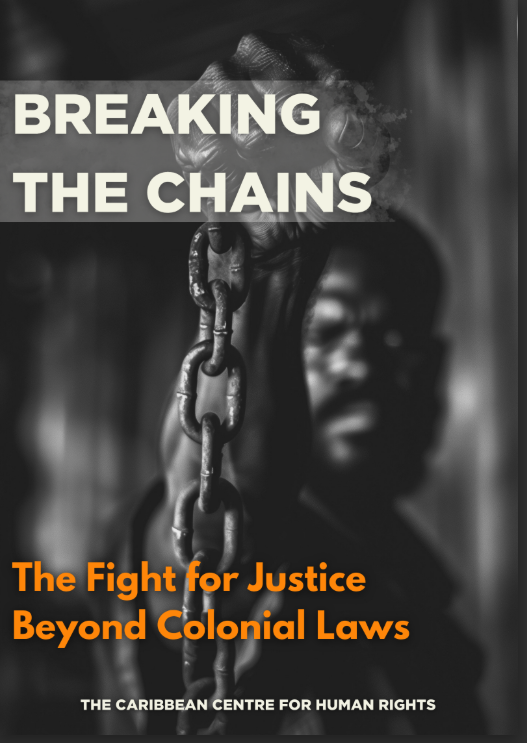Description
At the conclusion of the Second World War, there was a universal consensus that human
beings should never again be subjected to the atrocities inflicted by the Nazis and that
humankind should in the future respect human rights. Thus, the Universal Declaration
of Human Rights was proclaimed. International Human Rights Conventions were
brought into being. The British tradition which permeated the Commonwealth did not
lead to a spontaneous adoption of constitutional guarantees of human rights within the
Commonwealth. However, the traditional British inspired reticence to the adoption of
constitutional guarantees of human rights could not withstand the international impetus.
In 1950 India, the first Commonwealth country to achieve independence after the Second
World War incorporated in its new Constitution a chapter guaranteeing fundamental
human rights. The United Kingdom, became a signatory of the European Convention on
Human Rights which came into force in 1953.
The momentum could not be halted. These examples were followed by Pakistan in 1956,
the Federation of Malaysia in 1957 and Nigeria in 1959 and then by Sierra Leon, Jamaica,
Trinidad and Tobago, Uganda, Kenya, Southern Rhodesia, Malta, Guyana and Aden in
quick succession. Eventually although not having a written Constitution with legal
supremacy the United Kingdom enacted a Human Rights Act in 1998.
iv
A remarkable feature of the new Caribbean Constitutions is that they incorporate special
provisions which protect existing customary and statutory laws against legal challenges
where they contravene the principles stated in the new fundamental rights provisions.
This was remarkable for countries which had experienced through slavery and
colonisation the worst impact of inhumane laws. However, the common law was touted
as a body of principles which protected individual liberty although, for the
Commonwealth Caribbean, it had, together with traditional legislation, permitted
slavery, authorised the marginalisation of females, permitted the exploitation of children
and the exclusion of the ordinary person from the democratic process.
The motivation for the inclusion of the savings clause in our Constitutions was essentially
a fear that the new guarantees would lead to endless challenges to existing legal rules as
well as to new legislative proposals and so cause endless litigation and hamper the
governments’ legislative agenda.
The fact is the countries which did not adopt savings clauses or limited their operation to
a defined period have not suffered any avalanche of legal challenges or interruption in
their socio-economic development as a result. On the contrary, those countries that have
adopted savings clauses have been plagued with litigation concerning the scope and
impact which should be accorded to these clauses.
v
An analysis of the relevant judicial precedents as has been done by the learned
contributors is not only invaluable to the development of Caribbean constitutional law
but provides an incentive for our re-examination of the foundations of our democracy
and national aspirations. This book analyses important factors in our effective realisation
of human rights and in particular the impact of savings clauses on those rights. It will
assist our appreciation of the historical background, our understanding of our present
situation and our assessment of our future prospects.
The Chapters contain several controversial and challenging statements. Many of the
saved laws are concerned with subjects of a highly controversial nature, such as the death
penalty and same-sex marriages. There can be no doubt that, as the people of the
Caribbean need to confront these subjects, the savings clauses provide a platform for the
discourse. The learned authors have provided a careful analysis and comparison of the
judicial decisions on the subject. The Chapters will provoke introspection and re-
assessment of an important feature of our fundamental law. Accordingly, I endorse and
welcome the publication of this book as a significant contribution to Caribbean human
rights jurisprudence in what has been and remains a critically important area of
Caribbean constitutionalism.
Dr. The Honourable Lloyd Barnett, O.J., Ph.D., LL.D.(Hons) (Utech, UWI)
Attorney-at-law and Author


